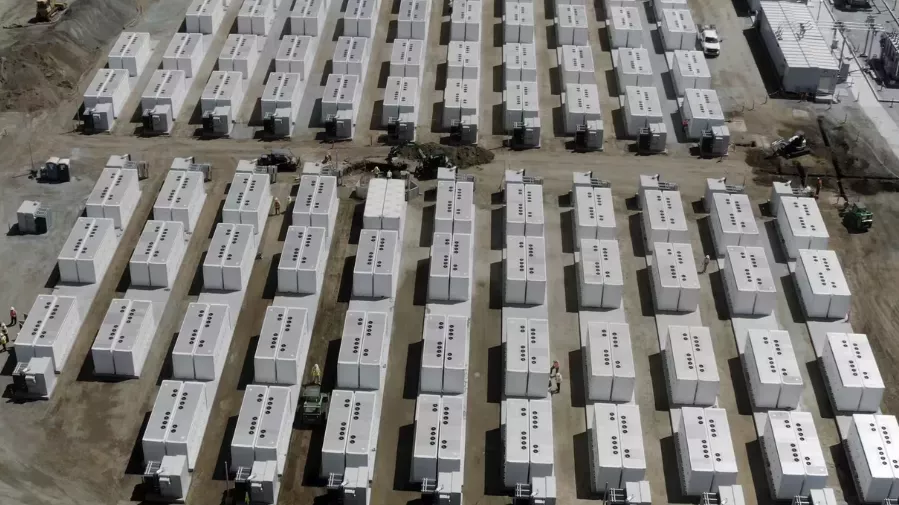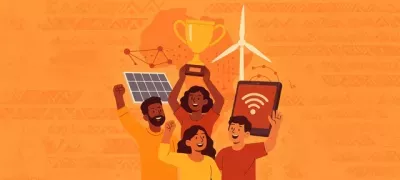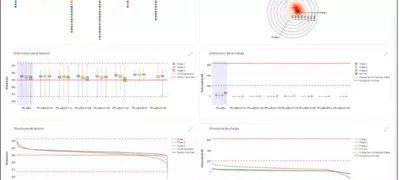
Several African countries are now at the forefront of renewable energies, but the supply-demand balance at the best cost remains fragile on the continent. At the same time, many countries are lagging behind in the global ecological transition.
To catch up and meet the growing needs of their populations for clean, affordable energy, nearly a dozen African countries have officially expressed their interest in joining the innovative Battery Energy Storage Systems (BESS) Consortium.
The announcement was made last weekend in Dubai, United Arab Emirates, at the 28th United Nations Climate Conference (COP28). By joining the BESS Consortium, a multi-stakeholder partnership initiative of the Global Leadership Council, members pledge to participate in efforts to achieve energy storage commitments of 5 gigawatts (GW) by the end of 2024, a press release points out. It should be noted that mastery of battery energy storage is an important asset for photovoltaic, wind and hybrid power plant projects.
The countries involved are Burkina Faso, Egypt, Ghana, Kenya, Malawi, Mauritania, Mozambique, Nigeria and Togo.
"Malawi is determined to follow a renewable energy path to a sustainable future, and it is projects like the BESS consortium that will make our low-carbon trajectory a reality. We need more projects like this" said Malawi's President Lazarus Chakwera following the announcement.
To achieve their goals, these countries are counting on the support of the BESS consortium's resource partners, including the African Development Bank (AfDB), the World Bank, the Asian Development Bank, the Inter-American Development Bank, the Agence française de développement (AFD), the Africa50 fund and Masdar.
AfDB President Akinwumi Adesina confirmed this commitment, stating that "the African Development Bank is proud to be at the forefront of this transformative journey, leveraging strategic partnerships and financial commitments to drive progress". He added: "Let's stay true to our commitment to a cleaner, greener and more prosperous Africa, powered by the limitless potential of renewable energy and the resilience of the African spirit. Together, we can light up and power Africa for generations to come."
It has to be said that demand is very high on the continent. Take, for example, Mauritania, which is already 40% energy-dependent, and where the need for battery storage is paramount. And the country is set to become increasingly dependent, particularly on solar and wind power.
"Without sufficient storage capacity, countries will be unable to add renewable energy to their grids at the scale needed to reduce carbon emissions and create economic opportunities" said Rajiv J. Shah, President of the Rockefeller Foundation and Co-Chair of the Global Leadership Council.
By Khadim Mbaye



